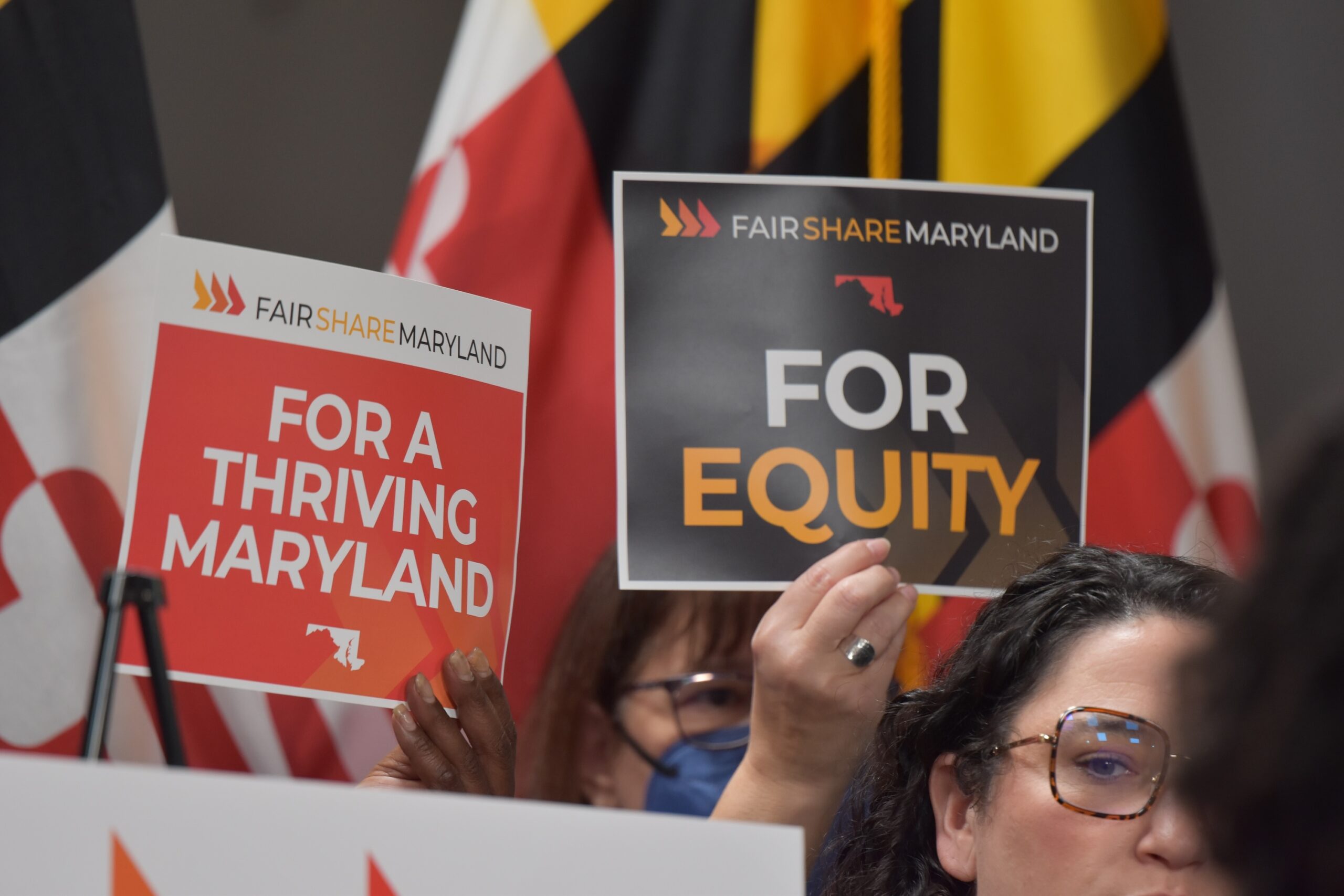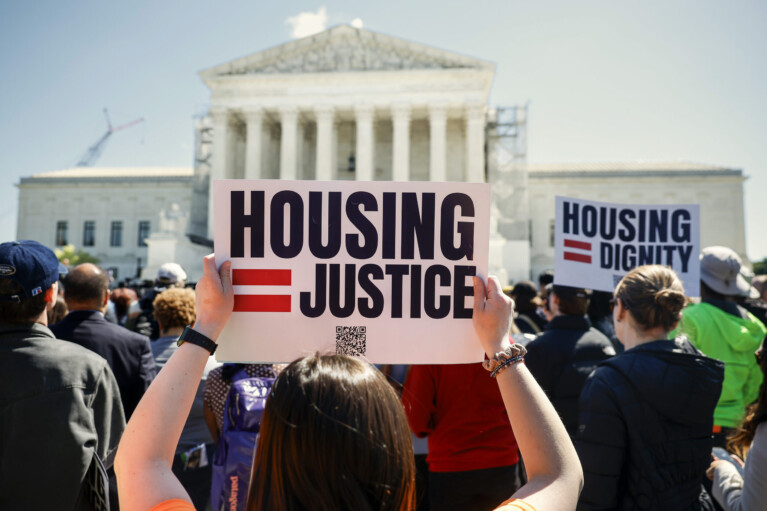Commentary: Tax-dodging multinational corporations should pay their fair share

By Don Griswold
The writer was previously executive tax counsel at Berkshire Hathaway and leader of a Big 4 accounting firm’s 600-person “state tax minimization” group. He is now a senior fellow with the Center on Budget and Policy Priorities in Washington, D.C., a nonprofit, non-partisan research and policy institute.
Lobbyists for a small number of immensely powerful multinational corporations are working overtime this week to protect a loophole that makes Maryland’s corporate income tax virtually optional for their clients.
They’re worried because the House of Delegates’ just-released revenue package wisely includes a rule — called “worldwide combined reporting” — that will close this gaping loophole and make long-time abusers of corporate power pay their fair share of Maryland taxes.
These lobbyists are already pushing misleading claims and sky-is-falling predictions. Policymakers should ignore them and do what’s right for Maryland. Adopting worldwide combined reporting will boost Maryland’s small businesses and help build an inclusive economy where every Marylander can achieve financial dignity.
An unrigged tax system is an essential element of a democratic society. But the world’s largest tax avoiders have been dodging federal and state income taxes for decades. They pay high-priced lawyers and accountants to help them shift their taxable profits out of the U.S. (or just out of Maryland) and onto the books of shell companies in tax havens where they pay little or no tax.
The amount of dodged tax is staggering. Highly credible research suggests that just six Big Tech companies — Apple, Cisco, eBay, Facebook, Google, Microsoft — may have dodged a quarter trillion dollars in U.S. federal tax over the past 15 years. Because Maryland’s corporate tax piggybacks off the federal tax system, the state loses significant tax revenue on its share of this massive profit-shifting.
And it’s Marylanders who lose out. Left without adequate resources, the state won’t be able to fund the Blueprint for Maryland’s Future education program; new investments to help the state reach its climate resilience goals; programs to improve health care, transportation, public safety, and more.
Fortunately, there’s a straightforward, shovel-ready solution that would close the profit-shifting loophole and end this abuse of corporate power. That’s right: it’s worldwide combined reporting.
I know first-hand how to shut down the giant multinationals’ tax dodging because I led a team of 600 clever accountants and lawyers who focused exclusively on exploiting this loophole — in the tax laws of Maryland and other states — that makes these states easy prey. Recognizing how the loophole harms the economies and people of Maryland and other states, I now work to educate lawmakers and the public about how to shut it down.
So, let’s talk a bit more about the profit-shifting problem and the worldwide combined reporting solution. Imagine an immensely powerful multinational corporation that does business in Maryland and elsewhere, conducting that business through an interconnected web of many corporate affiliates around the country and globe.
The multinational knows that every U.S. state where it conducts business is legally entitled to tax a formula-based percentage of its profits — the total profits of its entire global enterprise, no matter where it arbitrarily parks them. The U.S. Supreme Court has upheld (twice) the constitutionality and fundamental fairness of this “total profits” rule.
But Maryland limits itself to taxing its percentage share only of partial profits — whatever profits the multinational has artificially assigned to its affiliates with a Maryland footprint. Much of its profits are shifted to shell companies that, safely parked in tax haven states or nations, have no footprint in Maryland. As a result, for the powerful multinational, payment of Maryland’s corporate income tax is close to voluntary.
Worldwide combined reporting, in contrast, taxes according to the economic reality that the typical multinational operates as a single economic enterprise. That is, a state taxes its percentage share of total profits because no profits can be parked outside the single economic enterprise.
Put another way: Worldwide combined reporting makes profit-shifting as meaningless as moving your wallet from right pocket to left because the state quite properly taxes its share of all the cash in your pants.
Back to my old buddies who are lobbying to keep the profit-shifting loophole alive in Maryland:
You’ll hear them deny that tax avoidance is a huge-dollar problem. But the United Nations, OECD, the U.S. Treasury Department, and many academic researchers agree that tax avoidance by profit-shifting is a massive fiscal drag.
And you’ll hear them threaten that large companies will flee the state once they’re required to shoulder their fair share of Maryland tax. But moving out (or declining to move in) won’t save them a penny of tax unless they stop selling to Maryland customers, which of course they’ll never do.
Worldwide combined reporting also supports small businesses because the current system discriminates against them. They pay their fair share of corporate income tax while powerful multinationals — many of which are their direct competitors — can avoid the tax with ease. Worldwide combined reporting is a pro-business policy that will make Maryland’s economy more vibrant.
Marylanders deserve a tax system that puts small businesses on a level playing field with their multinational competitors. One that’s not rigged in favor of a few immensely powerful global corporations with the financialresources and aggressive willingness to abuse their power. And one that raises the resources we need to invest in our people and communities.




 Creative Commons Attribution
Creative Commons Attribution